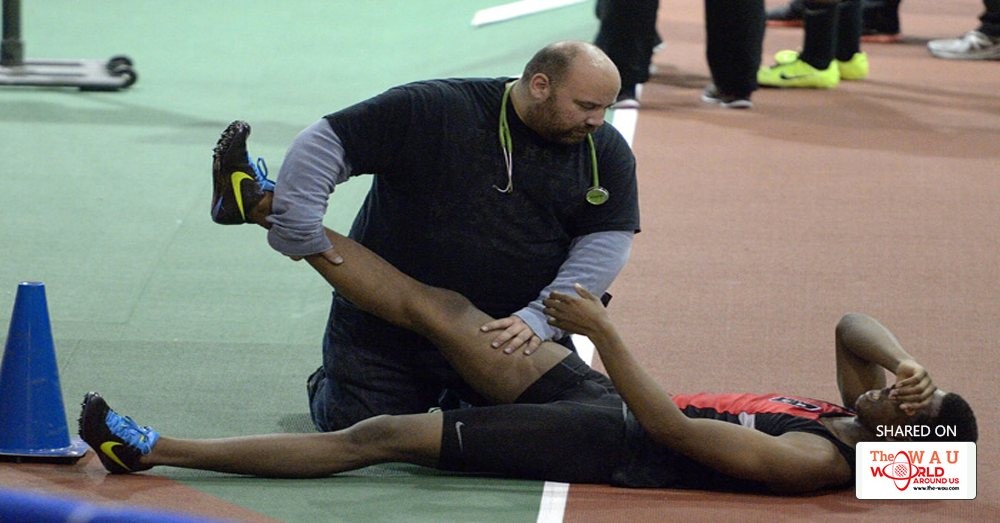There’s nothing more frustrating than feeling your muscles stiffen and cramp up, just when you’re getting into that fitness groove. Muscle cramps aren’t just annoying, but they can also be extremely painful to the point that they restrict mobility and performance. While muscle cramps during exercise are often brought on because of excessively strenuous exercises or improper practice, they can be also occur for a variety of other reasons. Here are some tips that can help minimize the risk of exercise-related muscle cramps.
1. Hydrate

Most experts including athletic trainers and health care professionals believe that dehydration is the main cause of muscle cramps, although research findings are not as conclusive. Nevertheless, this is the consensus among health experts and they recommend staying well hydrated, as there is considerable fluid loss when exercising. Water is after all essential for every bodily function, including the organs, tissues, and muscles. So, make it a point to drink adequate water before and after exercising.
2. Ensure Electrolyte Balance

Several studies have highlighted electrolyte imbalances and mineral deficiencies as a potential cause of muscle cramps. Muscle cramps basically involve involuntary contractions and this can occur at times due to imbalances because electrolytes from minerals like sodium and potassium play an crucial role in muscle relaxation. Magnesium and calcium are also important minerals for muscle health and research suggests that muscle cramping and syndromes like Charlie’s horse may be connected to magnesium deficiency.
To correct such imbalances, try to consume medical oral rehydration solutions that include these minerals. You can also consume foods like leafy greens, yogurt, fish, bananas, seeds and nuts, to boost your intake of magnesium, calcium, and potassium.
...[ Continue to next page ]
Share This Post















